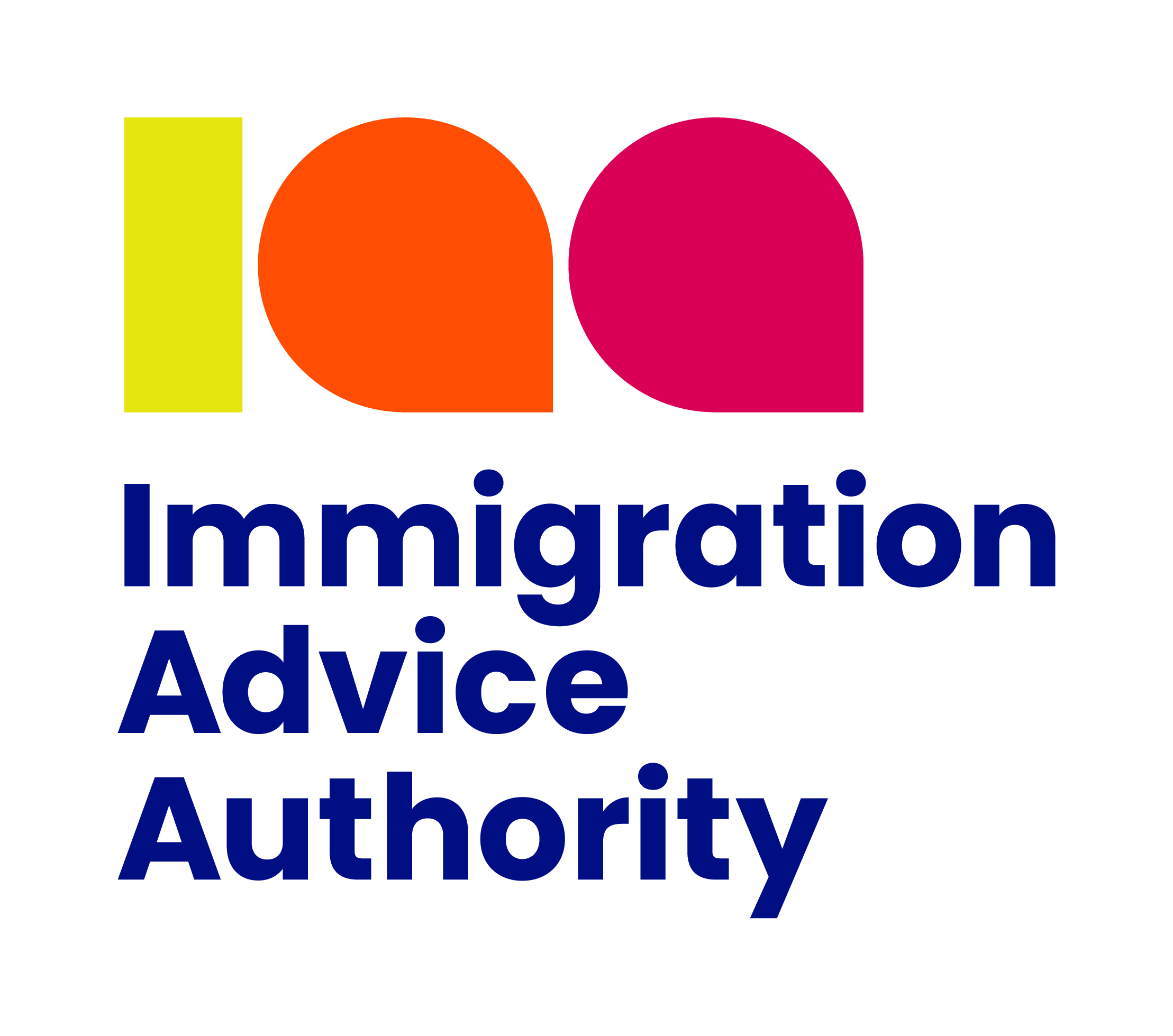10 Tips for Employing Overseas Workers
Date: 04 Feb 2026

Are you responsible for employing overseas workers within your organisation? Whether you are a HR professional, entrepreneur or senior leader this article has been created to help you prepare effectively to recruit and manage your foreign workforce. Many UK businesses choose to hire from abroad and knowing where or how to start this complicated HR process and ensure compliance with UK immigration law can feel like a daunting task.
Our immigration experts understand the complexity of hiring foreign workers for both the employer and the employee and we’re sharing 10 straightforward tips for employing overseas workers that you and your team can utilise today.
Key reasons to hire from abroad
There are numerous reasons why UK companies hire people from overseas. For example, it can help them to:
- find their ideal employee from a wider pool of candidates
- reach new customers in new markets with “local” expertise
- fill a technical skill, language or knowledge gap in their current team
- create a more diverse workplace.
Who regulates the employment of overseas staff?
Every UK business hiring staff from overseas and each foreign national working in the UK must comply with UK Immigration Law as set out by the UK government. Within this law is the UK Points Based System which was first introduced in 2008, principally to replace the old “Work Permit” scheme and applied to UK employers and their prospective overseas employees from outside the UK and EEA (European Economic Area). However, from 1 January 2021, every new hire from outside the UK, including EU and EEA nationals, needs to have permission to work in the UK through the Points Based System. The revised system treats EU and non-EU citizens equally.
UK employers must have a sponsor license to hire an overseas worker who, in turn, must have a Certificate of Sponsorship (from the prospective employer) to enable them to apply for a visa to work in the UK. Please consult your trusted UK immigration consultant for further guidance in either of these areas.
Hiring permanent vs temporary overseas staff
Whether your business is hiring a foreign national for a permanent or temporary role it must follow the UK’s Points-Based System and have a sponsor licence from the Home Office; the prospective employee must also have a visa to work in the UK. There are several routes to employ overseas staff:
- Skilled Worker route – skilled workers must meet the set criteria to accumulate at least 70 points and the job must pay the minimum salary threshold or above.
- Global Talent route – highly skilled foreign citizens who are leaders or potential leaders in the fields of academia or research, arts and culture or digital technology are able to enter the UK without a job or sponsorship if they achieve the required level of points including an endorsement from a relevant governing body.
- Graduate route – international students who have completed a degree in the UK from summer 2021 will be able to remain in the UK for two years and work at any skill level, without the need for sponsorship.
- Intra-company transfer – multi-national firms can temporarily move employees to the UK from an overseas subsidiary to work in an RQF 6 (graduate level) role that meet the minimum salary threshold. The employee must obtain an intra-company transfer visa from the Home Office.
- Other routes, such as the Start-Up and Innovator, Creative and Sporting routes and the Youth Mobility scheme are also available.
For expert guidance on applying for a sponsor license or identifying the correct immigration route for your prospective employees, please contact our experienced immigration consultants at The Yellow Halo. In addition to our immigration expertise, our clients benefit from competitive fee rates with no compromise on ethics or quality of service.
10 tips for employing overseas staff
Hiring and building your foreign workforce is a complex task but, when implemented and managed effectively, it can help deliver your overall commercial goals. Below, our immigration specialists share their top 10 tips for employing overseas staff in the UK:
- Define your goals and outline your team requirements with internal stakeholders. Consider questions such as:
- Why do we want or need to hire from overseas?
- What job role will they do?
- What essentials skills are required?
- What’s our budget?
- When do we need to hire them?
- Appoint an ‘Overseas Hiring Representative’ within your business to take ownership of and be responsible for this key HR function in partnership with your internal and external stakeholders.
- Conduct research online to find a good immigration consultant and ask peers for recommendations. Googling ‘immigration lawyer’ may bring up lots of results (paid and unpaid), always look out for the OISC accreditation on their website and then verify their membership using the Find an Immigration Advisor tool on the UK government’s website. Make a shortlist of experienced immigration law firms.
- Schedule a consultation with an immigration consultant to get expert advice tailored to your brief. This should ideally be with the immigration lawyer rather than a sales or customer service representative. At The Yellow Halo, we empower UK businesses to employ professional overseas staff ethically and legally with proactive immigration advice. Please contact our immigration experts to schedule a complimentary immigration audit to discuss your business immigration and HR needs.
- Apply for a sponsor licence with the Home Office so that you can hire eligible skilled workers from the EU and anywhere else in the world, provided that the job you are advertising meets the minimum skill and salary thresholds in the UK Points-Based System.
- Once you have a sponsor licence the recruitment process for employing overseas workers can begin.
- Conduct interviews remotely using Zoom or Microsoft Teams, and invite the most suitable candidates to the UK for final stage “chemistry” meetings.
- Make a job offer and verify your prospective employees’ eligibility to work in the UK; we recommend consulting with your immigration advisor to ensure compliance. Once verified, your business can issue a Certificate of Sponsorship (CoS) and assist your new employee with their relocation needs.
- Train your team to manage your foreign employees effectively and confidently; your immigration consultant can provide guidance and advice in this area.
- Proactively prepare for annual compliance audits from the Home Office by setting up processes and policies that safeguard your legal position; a good immigration advisor will support your business with all aspects of sponsor compliance with UK immigration law.
Book a complimentary business immigration audit
If you have plans for employing overseas workers, get prepared and start a conversation with an immigration specialist now. At The Yellow Halo, we can manage the entire Sponsor License application process, from selecting your most appropriate route to providing expert guidance on future audits and compliance. To discuss your unique business immigration and HR needs in more detail, please get in touch to schedule a complimentary immigration audit with our expert team.




